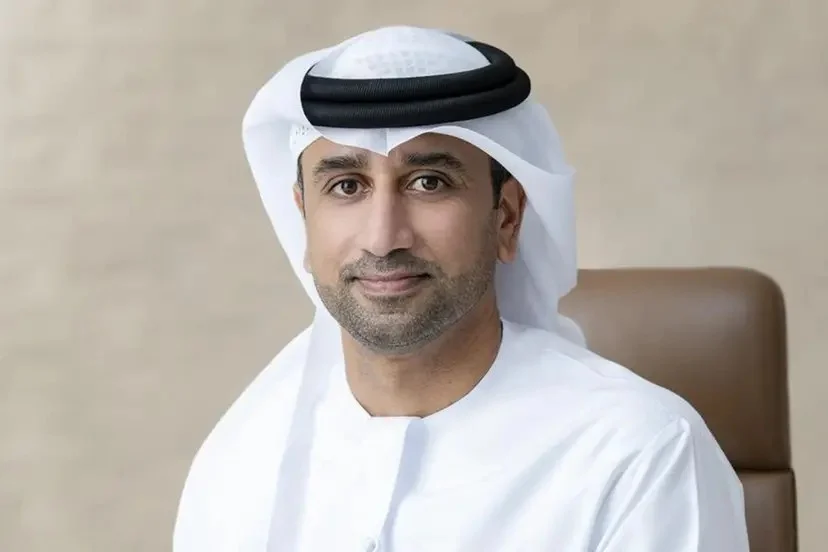KUWAIT CITY, Sept 18: Four prominent Kuwaiti executives have been recognized on Forbes Middle East’s 2025 list of Sustainability Leaders, which features 126 influential figures advancing sustainable practices across the region’s industries.
Leading the Kuwaiti representation is Isam Al-Sager, Vice Chairman and Group CEO of the National Bank of Kuwait (NBK). For the second consecutive year, Al-Sager earned the top sustainability ranking among Kuwaiti executives and placed sixth across the Middle East’s banking and financial services sector, underscoring NBK’s leadership in ESG adoption and transparency.
Joining him are three other top business leaders:
- Sheikha Adana Nasser Al-Sabah, CEO of Kuwait Projects Company Holding (KIPCO),
- Bader Nasser Al-Kharafi, Vice Chairman and Group CEO of Zain Telecommunications Group, and
- Tariq Al-Sultan, Vice Chairman and CEO of Agility.
Their inclusion highlights Kuwait’s growing role in embedding sustainability across the banking, telecom, investment, and logistics sectors.
Now in its third year, Forbes Middle East’s Sustainability Leaders ranking evaluates executives across 15 industries—including energy, telecom, logistics, and finance—based on ESG criteria such as reporting transparency, carbon footprint reduction, renewable energy use, green financing, and waste and water efficiency.
While the UAE leads the 2025 list with 67 representatives, followed by Saudi Arabia (23) and Egypt (12), Kuwait’s recognition underscores its efforts to advance sustainable transformation.
The broader regional context also points to momentum in clean energy and resource efficiency: Masdar expanded its renewable portfolio to 51 GW, Emirates Global Aluminium advanced its recycling plant, Vodafone Egypt fully shifted to renewable on-grid electricity, and Infinity Power moved closer to a 10 GW renewable capacity target in Africa.
With leaders such as Al-Sager, Al-Sabah, Al-Kharafi, and Al-Sultan driving sustainability agendas, Kuwait is positioning itself as an active contributor to the region’s transition toward greener, more resilient economies.















